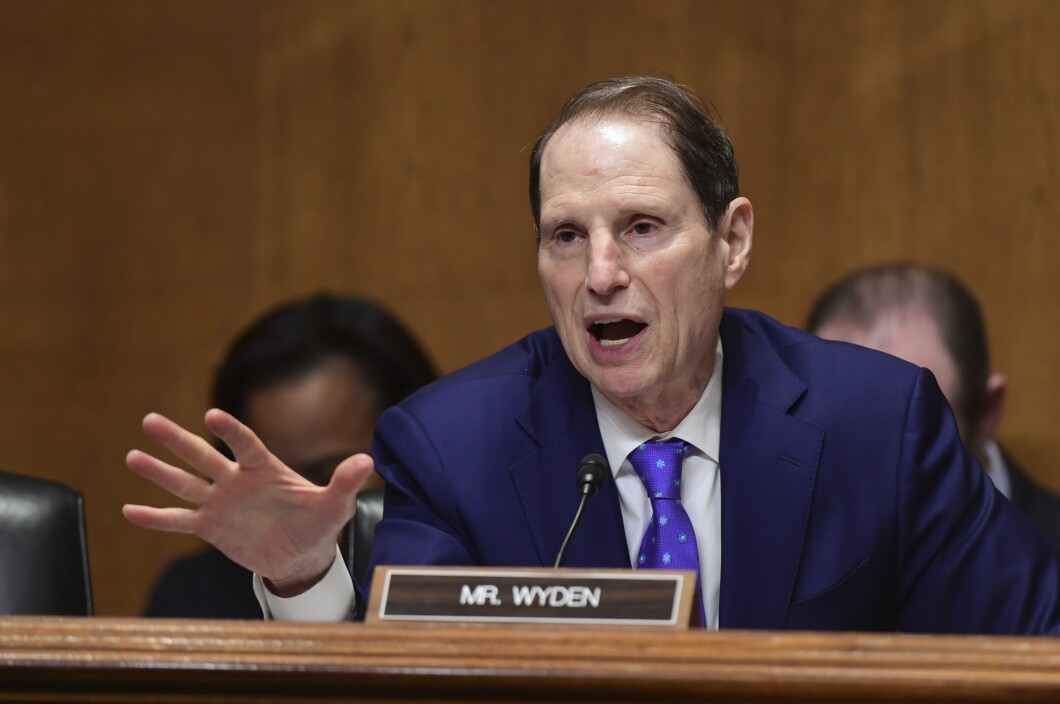
Arizona allegedly submitted at least 140 subpoenas illegally to obtain millions of financial records as part of one of the largest government financial surveillance programs in recent history, according to the American Civil Liberties Union.
The ACLU filed a public records request in March 2022 after Sen. Ron Wyden (D-OR) requested an investigation into a secret surveillance program that collected millions of money transfers from people sending money to or from the Southwest United States and Mexico.
Wyden’s investigation determined that Homeland Security investigations misused subpoena power to order companies to turn over every money transfer over $500 from California, Arizona, New Mexico, Texas, and Mexico.
A further inquiry from the ACLU and ACLU of Arizona determined that more than 140 illegal subpoenas were sent out by the Arizona Attorney General’s Office between 2014 to 2021, compelling companies to turn over customers’ private financial data and storing the information in a database.
NEW REPORT BOLSTERS CASE TO MAKE FEDERAL COURT RECORDS SYSTEM FREE
“The database, run by an organization called the Transaction Record Analysis Center (TRAC), contained 145 million records of people’s financial transactions as of 2021, and we have reason to believe it’s still growing,” the ACLU wrote in the report, which included more than 200 documents received through a Freedom of Information Act request.
The program traces back to 2006, when the office of Arizona Attorney General Terry Goddard tried to identify money transfers related to illegal activity and issued subpoenas to Western Union, asking for all money transfers above $300 to or from “a particular state in Mexico,” the ACLU said. A state appellate court held in 2006 that the subpoenas violated state law and expanded the statute that the subpoenas were filed under.
Between 2014 and 2021, the 140 subpoenas were filed under the same state statute, which the ACLU said “means the Arizona attorney general’s office knowingly issued 140 illegal subpoenas to build an invasive data repository.”
Under the scope of the surveillance program, hundreds of federal, state, and local U.S. law enforcement agencies had access to millions of money transfers without any court oversight, a Wall Street Journal report stated.
After the request for an investigation from Wyden, the Department of Homeland Security responded, stating that it would no longer use its authority to request the financial records.

However, the damage has already been done, the ACLU claimed. Several financial companies offer services to those without access to bank accounts or traditional services, such as immigrants or those without credit scores.
“These records paint a damning portrait of government overreach,” the organization continued. “The government should not be allowed to abuse subpoenas and sweep up millions of records on a huge number of people without any basis for suspicion.”
The organization added that allowing law enforcement access to the database without oversight allowed for those arrested for crimes to be implicated without ever knowing that their financial records were used against them. The ACLU said it is aware of three criminal prosecutions relating to TRAC records, but it is “surely a tiny fraction.”
An internal review by the ACLU determined 440 local agencies, 80 state agencies, 53 federal agencies, and 152 field offices of other field agencies had access to the information.
“The human toll of this kind of government surveillance is grave,” the ACLU wrote. “It can have far-reaching consequences for people’s lives — particularly for members of communities of color, who are disproportionately subject to unjustified surveillance.”
CLICK HERE TO READ MORE FROM THE WASHINGTON EXAMINER
The Washington Examiner reached out to Wyden, the Arizona Attorney General’s Office, and the ACLU of Arizona for comment.






